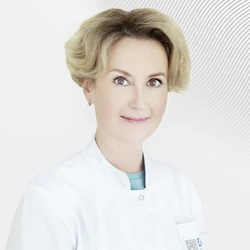Endocrinologist at the European Medical Center, candidate of medicine and doctor of higher category, Olga Yatsishina talks about diagnosis and treatment of palpable abnormalities in the thyroid gland.
Palpable abnormalities in the thyroid gland are perhaps the most common pathology in the endocrine system today. One of the reasons for the formation of abnormalities is a deficiency in iodine, which is necessary for the normal functioning of the thyroid gland. Almost all of Russia, with the exception of Sakhalin, is in an iodine-deficient area. At the same time, women suffer from thyroid abnormalities about five times more frequently than men.
Doctors of the European Medical Center have extensive experience in treating and monitoring patients with thyroid abnormalities. For the diagnosis of endocrine diseases, we use the latest machines, which are important in ultrasound diagnosis, because much depends on the quality of the equipment and the doctor's experience. All specialists working in the EMC clinic comply with international standards.
The European Medical Center provides the opportunity to undergo a whole range of diagnostic procedures and treatment for thyroid problems (including surgery): a consultation with an endocrinologist, ultrasound, blood tests for hormones, and if required, biopsy and examination of the thyroid tissue.
What is a palpable abnormality of the thyroid gland?
Palpable abnormalities in the thyroid gland are limited changes of gland tissue, detected by palpation or ultrasound. Lumps can be single or multiple. All lumps are divided into benign, colloidal nodes that have not transformed into a malignant tumour, and malignant thyroid nodules, which can be either benign (adenoma) or malignant.
Diagnosis
Lumps can form in various parts of the thyroid gland without showing any symptoms. Unfortunately, few patients specifically come to the doctor for examination of the thyroid gland, so in most cases lumps are diagnosed by chance, during examinations for other diseases.
The main methods of diagnosis of thyroid nodes are:
- Palpation. During palpation of the thyroid, the endocrinologist can detect the presence of lumps and determine their number and size. It is also important to check the condition of the lymph nodes.
- Ultrasound. This is the most common and most accurate examination of the thyroid gland. Ultrasound can show the presence, location, size and characteristics of the structure of lumps.
- Hormone blood test. Analysis of the level of thyroid-stimulating hormone (TSH): an obligatory stage in the examination of the node upon detection of thyroid cancer. If the TSH is below normal, the next stage is likely to be radioisotope examination (scintigraphy) of the thyroid gland.
- A needle biopsy is, as a rule, prescribed by a doctor when there are signs indicating malignant cells. Only on the basis of this examination can the nature of the growth be defined: whether it is a colloidal node, adenoma or carcinoma.
Doctors at EMC's Department of Endocrinology recommend an annual visit to an endocrinologist for diagnosis (ultrasound of the thyroid gland, thyroid-stimulating hormone and T4 free) from the age of 25.
Preventive examinations are particularly critical for those who are at risk:
- adults in a family where there is a history of thyroid disease, especially cancer;
- people exposed to radiation of the head and neck;
- people living in areas of high radiation.
Treatment
In the event of detection, diagnosis of the nature of this lump is carried out. If the identified lump is an ordinary colloid node, in this case, special treatment is not needed. Removal of this lump is not recommended as it poses no health risks. In this case, the main recommendation is the observance of an iodized diet and regular examinations by an endocrinologist, who will record any changes in the structure and size of lumps.
Surgery is only prescribed when a lump has reached more than three inches in diameter or in the case of a cell biopsy indicating cancer. Here, either individual parts may be removed, or the entire gland. In the latter case, the patient is assigned life-long replacement therapy with thyroid hormones that mimic the functions of the absent organ.
Prevention
It is very important to eat foods rich in iodine to maintain the health of the thyroid gland: seafood, fish, persimmons, iodized salt, as well as drugs prescribed by a doctor. Pregnant women and parents should pay particular attention to this for their children.
In addition, an endocrinologist should be seen at least once a year to undergo examination for preventative purposes. And, of course, do not be afraid of disease: measures to treat it should be taken as soon as possible after detection.
Was this information helpful?
Questions and answers
Ask a Question





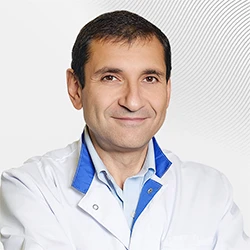

.webp)
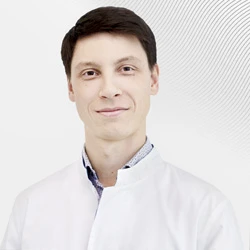
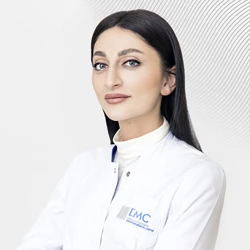
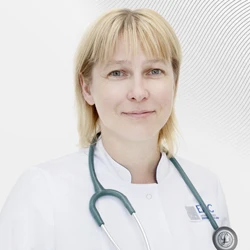
.webp)
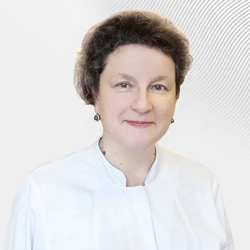
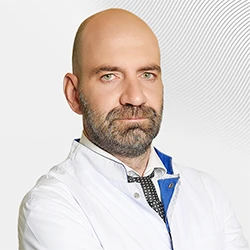
.webp)
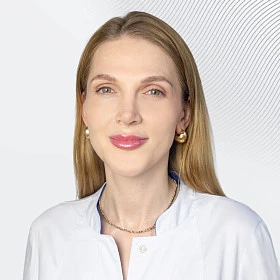
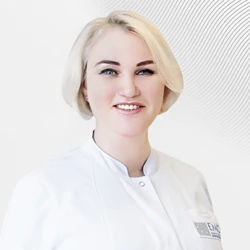
.webp)
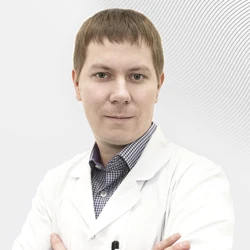
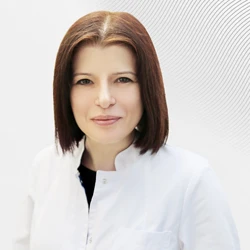
.webp)
.webp)
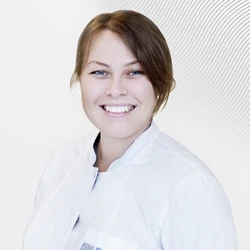
.webp)
